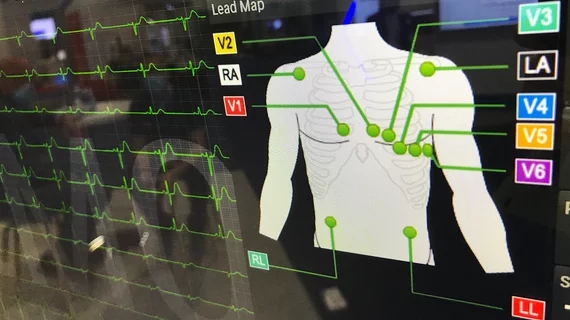Health Disparities
Health disparities have the largest impact on the access, quality of care and outcomes overall in many patient populations defined by factors such as race, ethnicity, gender, education level, income, disability, geographic location. Many other factors also play a role, including if a patient is in a rural of urban location, distances to hospitals, pharmacies and clinics. These factors of inequitable access or healthcare are often directly related to the historical and ongoing unequal distribution of social, political, economic, and environmental resources. This page includes content defining health disparities and efforts to address them.













